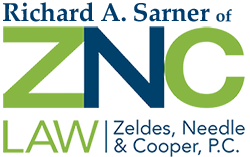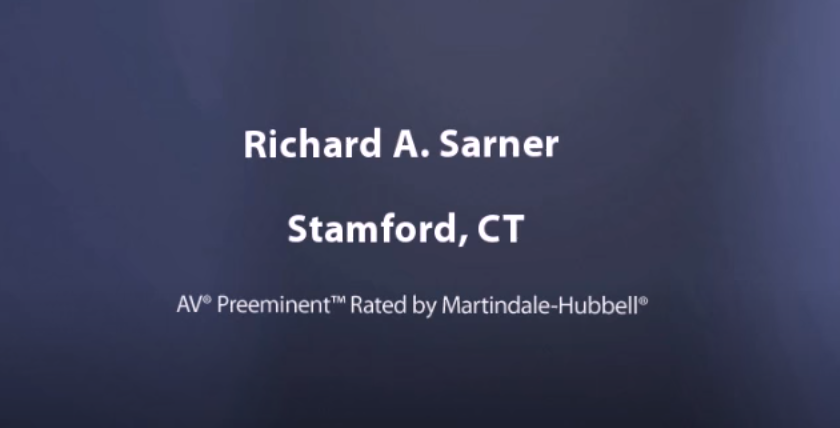Should I Prepare a Final Arrangements Document?
If you want to have a say in the arrangement of your funeral and burial, it is a good idea to document these wishes in some way. By deciding beforehand how you want your final arrangements made, you can take away some of the burden from your family and loved ones during an already difficult time.
- The first way you can document your wishes is in a final arrangements document. This is a separate legal document that you execute. Sample documents are available from the Funeral Consumer Alliance, a nonprofit consumer advocacy group. After you have completed the document, you should keep it in a safe, easily accessible place and tell your loved ones about it.
- The second way you can document your wishes is in a will. Your will can be used not only to determine who you want to leave your property to, but also the type of funeral arrangements you want and where you want to be laid to rest.
Depending on your situation, it may be a good idea to prepare a final arrangements document and include your wishes in your will. If you only include your final wishes in your will, there is a possibility that it will not be found or read in time for your loved ones to carry out your instruction. If you decide to use both documents, make sure that they are identical so your loved ones are not confused about your ultimate wishes.
Some of the types of things you can stipulate for your final arrangements include your preferences for:
- Funeral homes
- The person officiating your services
- The type of services you want (visitation, viewing, grave-side ceremony, post-funeral)
- Burial or cremation
- Embalming
- Casket, flowers, music
- Cemetery
- Marker
If you decide you would rather donate your organs or body to medicine, you also can make these preferences known in your final arrangements document. If you donate your organs, you still will need to make arrangements for the final disposition of your body. If you donate your body to medicine, you should make alternative arrangements in case you cannot be a donor at the time of your death.
Whichever method you decide to use, it is important to discuss your wishes with your loved ones so they are not taken by surprise when they learn of them after your passing. This is especially important if you decide you want something some family members may be uncomfortable with, such as cremation or a green funeral. If your loved ones understand why you made the choices you did, they are less likely to challenge them or argue among one another later.
You also should discuss your options for documenting your final wishes with an experienced estate planning attorney. There may be certain requirements that have to be met under your state’s laws for your final arrangements document to be effective. Additionally, if you decide to include your final arrangements in a will, an estate planning attorney can include them for you, or if you do not have a will, draft a will for you.
Copyright © 2008 FindLaw, a Thomson Reuters business
DISCLAIMER: This site and any information contained herein are intended for informational purposes only and should not be construed as legal advice. Seek competent counsel for advice on any legal matter.
Back to Main
View Previous Months’ Selections










